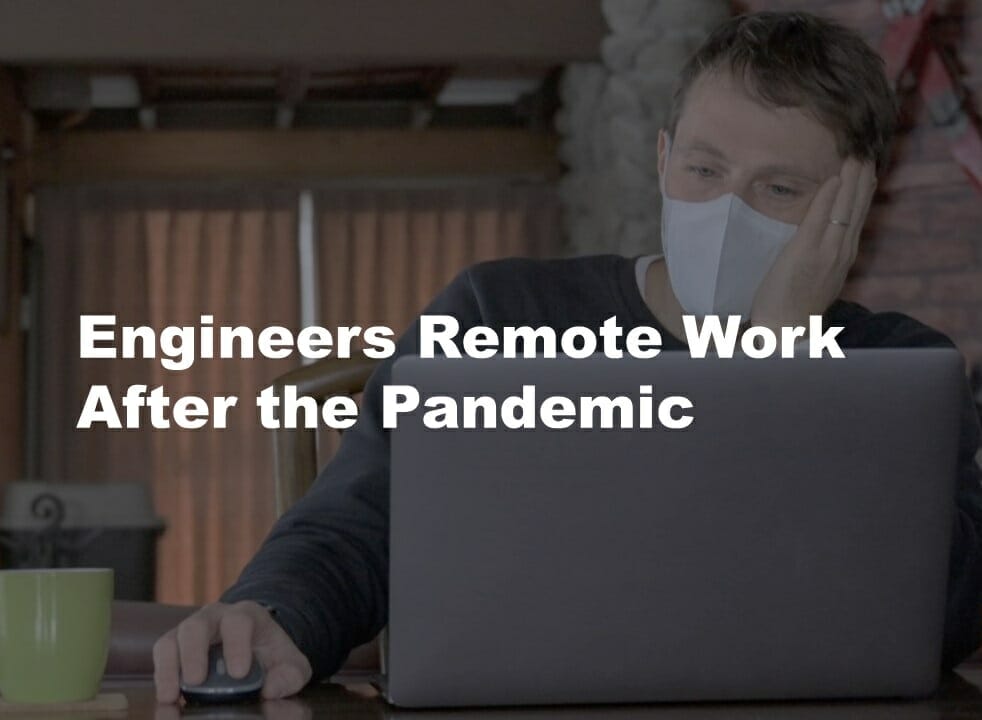Best Engineering Leaders
Rosabeth Moss Kanter: The best leaders will break out of silos and improve workplace culture
 It’s said that fortune favors the prepared mind. Fortune certainly favors companies with broad concern for all stakeholders and good workplace practices. They are better prepared to deal with and mitigate crisis, like the current coronavirus pandemic.
It’s said that fortune favors the prepared mind. Fortune certainly favors companies with broad concern for all stakeholders and good workplace practices. They are better prepared to deal with and mitigate crisis, like the current coronavirus pandemic.If there were ever a time to “think outside the building” and be more aware of the wider system, it’s now. Operating in silos and paying attention only to a few stakeholders leads to vulnerabilities. Companies are dependent not only on global supply chains and what might be happening in other countries, but also on the state of institutions in their own communities. The ecosystems in which companies operate mean that a disruption to one industry or set of activities ripples to others.
Engineering, industrial and tech companies with the strongest stakeholder and partner orientations are best able to survive and transcend crises, because they can plan together, gain local knowledge from each other, and draw on good will to get back to business quickly when the crisis abates.
Civic engagement and social responsibility can go from nice-to-have to essential. Encouraging the growth of local and regional suppliers through regional economic development and job training strategies enriches the local ecosystem. A pandemic makes clear that there is a business interest in contributing to solving problems, such as the adequacy of the public health system, disparities in access to health care, availability of emergency child care, universal broadband and Internet access, or educating people in life skills such as resiliency and adaptability as well as tech skills.
Thinking outside traditional building structures also helps within a company. Just about every classic reason that people dislike change under normal circumstances are exacerbated by this crisis: loss of control, excess uncertainty, surprises, too much difference from normal routines, concerns about competence with new technology, ripple effects from someone else’s disruption, threats to future plans.
It’s important that people feel that there is something positive they can do to be useful and regain some control over routines and skills. Renewing and reinforcing good workplace practices can make a big difference to productivity as well as well-being. For example:
- Abundant communication. Regular briefings, communication from many levels, town hall dialogues.
- Cross-training, so people can fill in for one another.
- Flexible work schedules, start and stop times that fit life needs.
- Goal clarity. Measurement of results and impact, not simply time spent.
- Empowerment of people at lower levels to make quick decisions.
- Broad purpose. An emphasis on mission and values that drive the company and how employees can contribute.
One way to accomplish both “outside the building” and within the company goals is to empower teams to spend some of their time brainstorming about how they can help make a difference to their communities, now and for times to come. This can unite and inspire people, and it might create good ideas for innovation when attention turns to the business future.
Rosabeth Moss Kanter (@RosabethKanter) is the Ernest L. Arbuckle Professor of Business Administration at Harvard Business School.
Source: This article first published Working Knowledge by Harvard Business School
Watch Live Stream & Real Time Statistics of COVID-19
Other COVID-19 Updates
Tiger Tests Positive for Coronavirus at New York Zoo
Harvard Talks: Cut Salaries or Cut People?
Lamborghini Medical Shields & Surgical Masks for Health Workers
WHO COVID-19 Buildings & Tents Screening Layout Standards
UCLA Engineer Made a Ventilator from Hardware Items
Airbus Gives 3D-Printed Hospital Visors to Health Workers
Airlines COVID-19 Analysis: Aviation Collapsed
Forecast Deaths, Hospitals & Ventilators: COVID-19 Impact, USA Full Report
Ventilation Standards for Buildings Converted to COVID-19 Hospitals
Harvard Talks: The Supply Chain in Post COVID-19 Era
COVID-19 Deaths to Reach 81,000 in US By June – Forecasts by IHME & Univ. of Washington
Top 10 Largest Ventilator Manufacturers in the World
List of Government Officials Tested Positive in PH
Metronic Ventilator Ramping Up Production
Engineers, Can You Help Build a DIY Ventilator for Hospitals?
Water is Our First Line of Defense Against COVID-19
COVID-19 Economic Aftermath on the Construction Industry
Complete List of Companies Working on Coronavirus Vaccine
COVID-19 War: 70K Physicians vs 109M Filipinos
Famous People Who Have Tested Positive for COVID-19
These Politicians Tested Positive for Coronavirus (COVID-19)
Postponed Exhibitions in the Philippines due to COVID-19
Cancelled Major Events Around the World Due to COVID-19
World Bank Gives $12 Billion to COVID-19 Affected Countries
COVID-19 Philippines: DOH on Code Red Status
PPE Shortage Endangering Health Workers Worldwide
The List of COVID-19 Disinfectants Approved by EPA
World Bank Gives $12 Billion to COVID-19 Affected Countries
Air Cargo Demand Down 3.3% due to COVID-19 Disruption




































